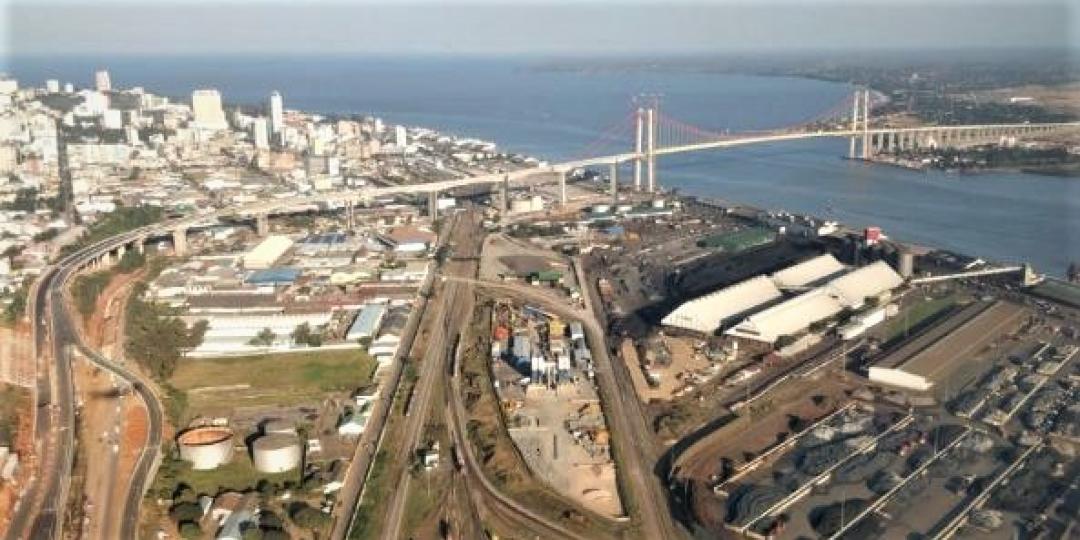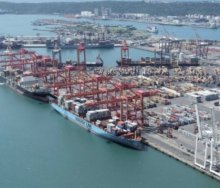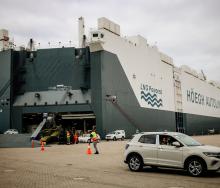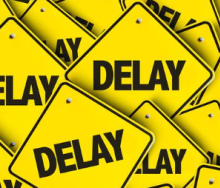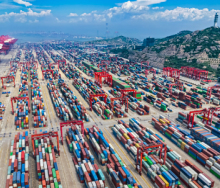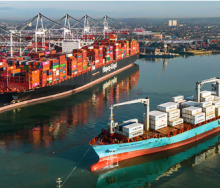A Swiss-based agri distributor shipping grain from Mpumalanga to Kenya via the Port of Maputo has reduced its original shipment by about one third because of congestion and delays at the border posts of Lebombo and Ressano-Garcia.
According to an operations manager (*) for the company, they were originally aiming to load at least 33 000 tonnes at the Mozambican terminal in Matola.
Unfortunately Covid-19 has played havoc at the border crossing east of Komatipoort, cutting customs competency through social distancing, staff reductions, driver testing and truck inspection.
Now they’re hoping to have at least 22-23 000 tonnes at the port by the time the vessel departs for the Port of Mombasa.
Initially the distributor was aiming to have land-side transportation of the shipment done yesterday, but that would’ve required up to 200 truck loads a week at the time Freight News first reported on the matter on the 6th of July.
Apart from the effect border hold-ups were having on truck turnaround times, forcing the company’s transporters to limit their loads to about 85 trucks a week and jeopardising the shipment target, a truckers’ strike in protest against foreign nationals working in South Africa’s road freight sector also flared up.
The ensuing disruption upon disruption finally came to a head on Wednesday when Lebombo Border Control was closed just after noon following a Covid-positive confirmation.
The customs gateway on the Maputo Corridor only re-opened yesterday afternoon, translating into a loss of more than 24 hours during which the distributor could not get trucks through to offload at Matola.
This morning the source said the Covid closure had finally put paid to their hopes that there was a slim chance of still making the original target of 33 000 tonnes.
If they did decide to push the full load, it would’ve resulted in significant demurrage charges as the vessel’s departure would be delayed.
Earlier this month he feared that demurrage costs were already heading towards $13 000.
“There has not been enough fluidity at the border to allow us to aim for the full load. We have about 40 to 50 trucks on the road at the moment and we’re going to load as much as we can until the vessel leaves by Sunday or Monday.”
He said their decision to reduce the shipment also affected suppliers.
“We can’t wait for more stock. The only way to mitigate loss and avoid additional costs is to short-ship. There is no other way.”
He added that what had happened to his employer, who had tried everything in his power to seek solutions for stumbling blocks beyond his control - but still came up short - showed how distribution targets were being significantly slashed by a pandemic and its effect on supply-chain processes, especially in countries struggling with nagging freight inefficiencies.
“This whole situation has put a massive blockage on trade and trade flows.”
He wouldn’t quantify how much the distributor stood to lose.
(*) Although Freight News prefers to identify sources wherever possible as per traditional journalistic standards, we acknowledge the right of companies and individuals to have names and branding withheld from publicity. However, the name of the operational manager spoken to as well as the company he represents are known to Freight News.
